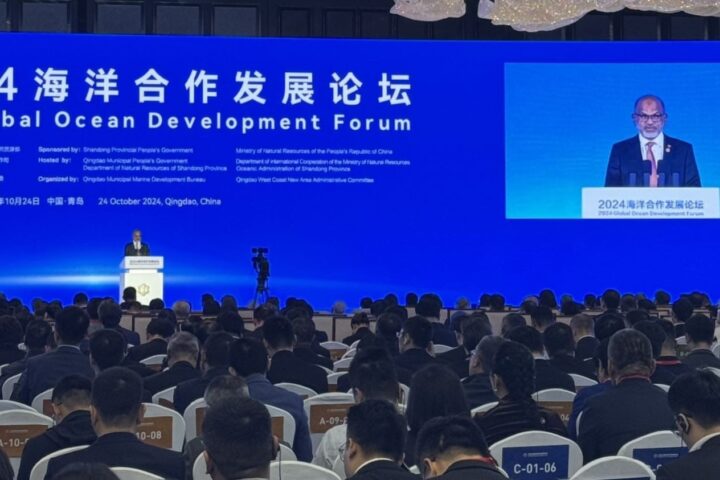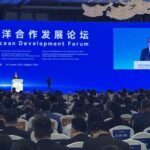BEIJING—China’s foreign direct investment (FDI) has continued its downward trend, recording a decline for the twelfth consecutive month in May. From January to May, the country attracted 412.51 billion yuan ($56.81 billion) in FDI, marking a 28.2% decrease compared to the same period last year, according to the Ministry of Commerce. The decline is largely attributed to a high comparison base from the previous year, though officials maintain that the actual scale of foreign investment remains historically high.
Despite ongoing tensions between China and Western nations, the number of newly established foreign-invested firms in China rose by 17.4% to 21,764 in the first five months of the year. However, several factors are contributing to the overall decline in FDI.
Global economic uncertainty, heightened by trade tensions and geopolitical conflicts, has made investors more cautious about committing to the Chinese market. Additionally, recent regulatory changes in China, including stricter rules on technology transfers and data security, have dampened investor confidence. The pandemic’s lingering effects and shifts in global supply chains away from China due to rising labor costs and geopolitical risks have also played significant roles in the reduced FDI.
Before the COVID-19 pandemic, China’s annual GDP growth ranged between 6% and 7%. The pandemic brought about the slowest growth in 40 years, with the GDP rising to 8% in 2021 driven by exports, but then falling to 3% in 2022 and stabilizing at 5.2% in 2023. The World Bank projects continued declines, estimating growth at 4.8% in 2024, 4.1% in 2025, and 4% in 2026.
The increasing scrutiny on foreign companies operating in China has also raised concerns. Incidents such as the detention of employees from U.S.-based Mintz Group and interrogations of staff at Bain & Company’s Shanghai office have heightened worries among international firms. Experts like Paul Orlando from the University of Southern California note a growing trend of U.S. tech firms and investors pulling out of China, driven by fears over intellectual property rights and industrial espionage.
Despite these challenges, some sectors in China, like Foxconn’s manufacturing for Apple’s upcoming iPhone 16, are experiencing growth and increased hiring. The contract electronics manufacturer has been ramping up recruitment at its Zhengzhou plant, offering attractive bonuses to returning workers.
China is actively trying to attract foreign investment by implementing visa-free policies and increasing international flights. Premier Li Qiang has extended invitations to American and other foreign firms to invest in China, urging against a policy of disengagement.
However, the broader geopolitical landscape remains tense. The U.S. and its allies have raised tariffs on Chinese goods, and China has threatened retaliatory measures. U.S. proposals to limit investments in China’s AI, computer chips, and quantum computing sectors have further strained relations.
Amid these developments, the Chinese media has accused Western outlets of sensationalizing the narrative of foreign capital exiting China. Some investors, like veteran venture capitalist Jeffrey, believe that if China’s economy rebounds, foreign investment will return. Yet, the current climate of economic uncertainty and regulatory challenges continues to weigh heavily on China’s FDI prospects.















